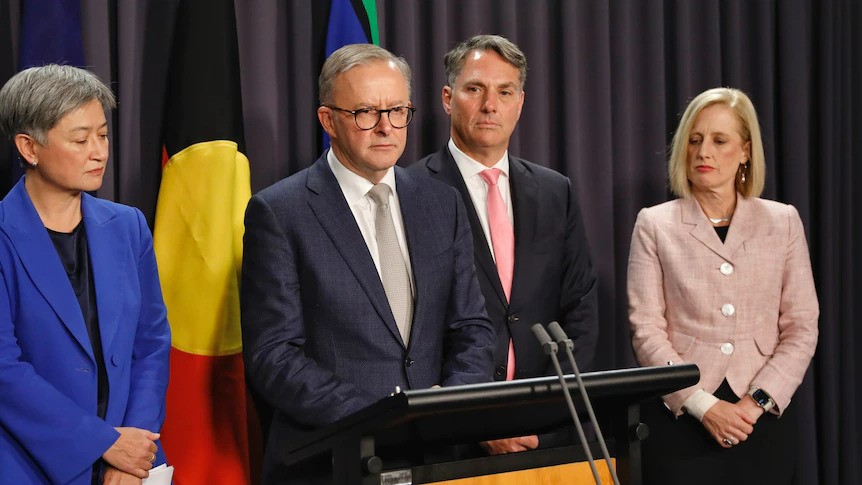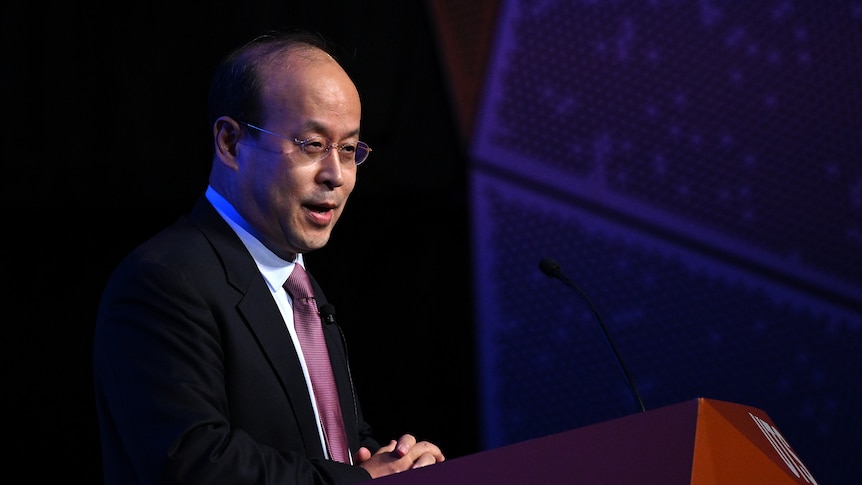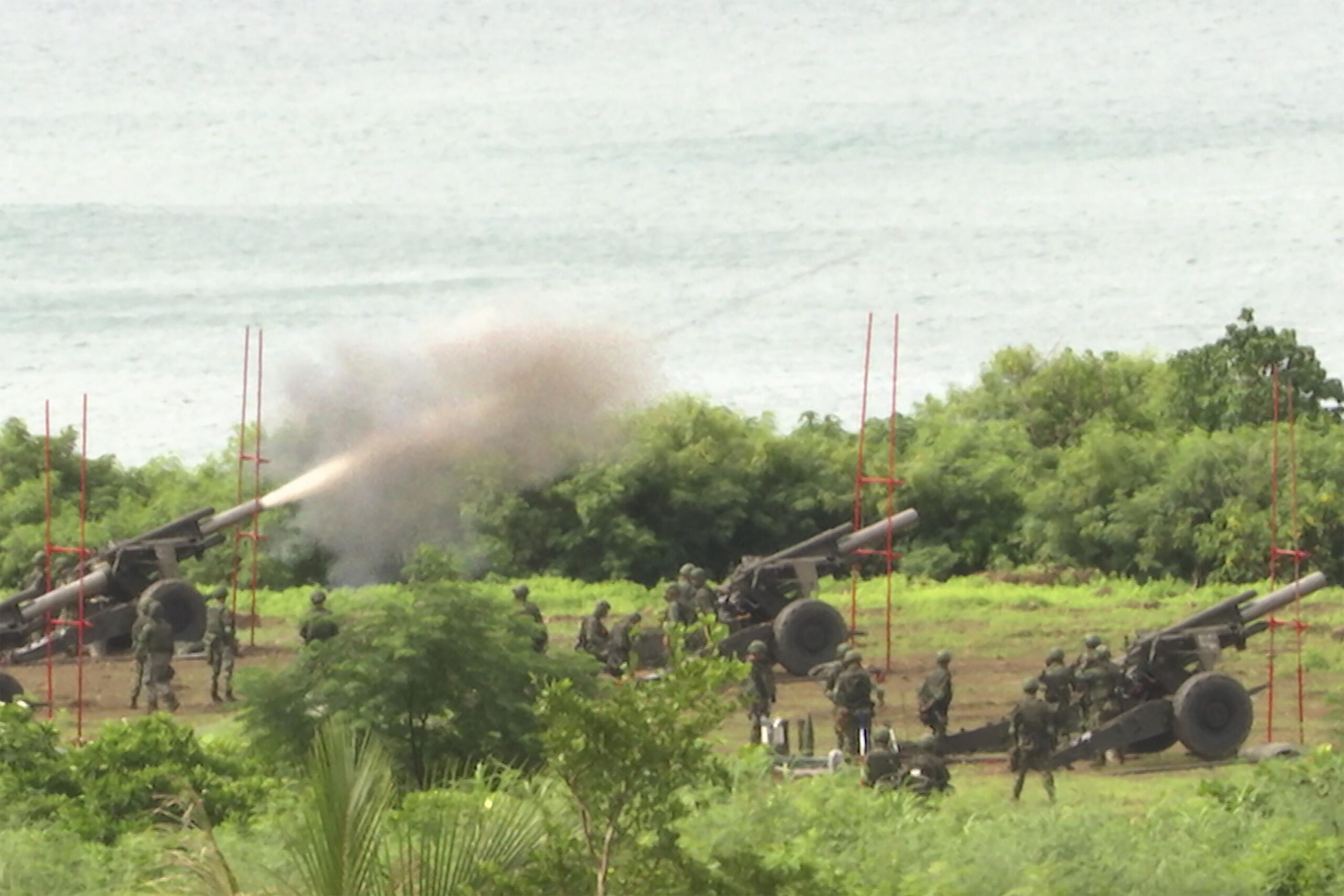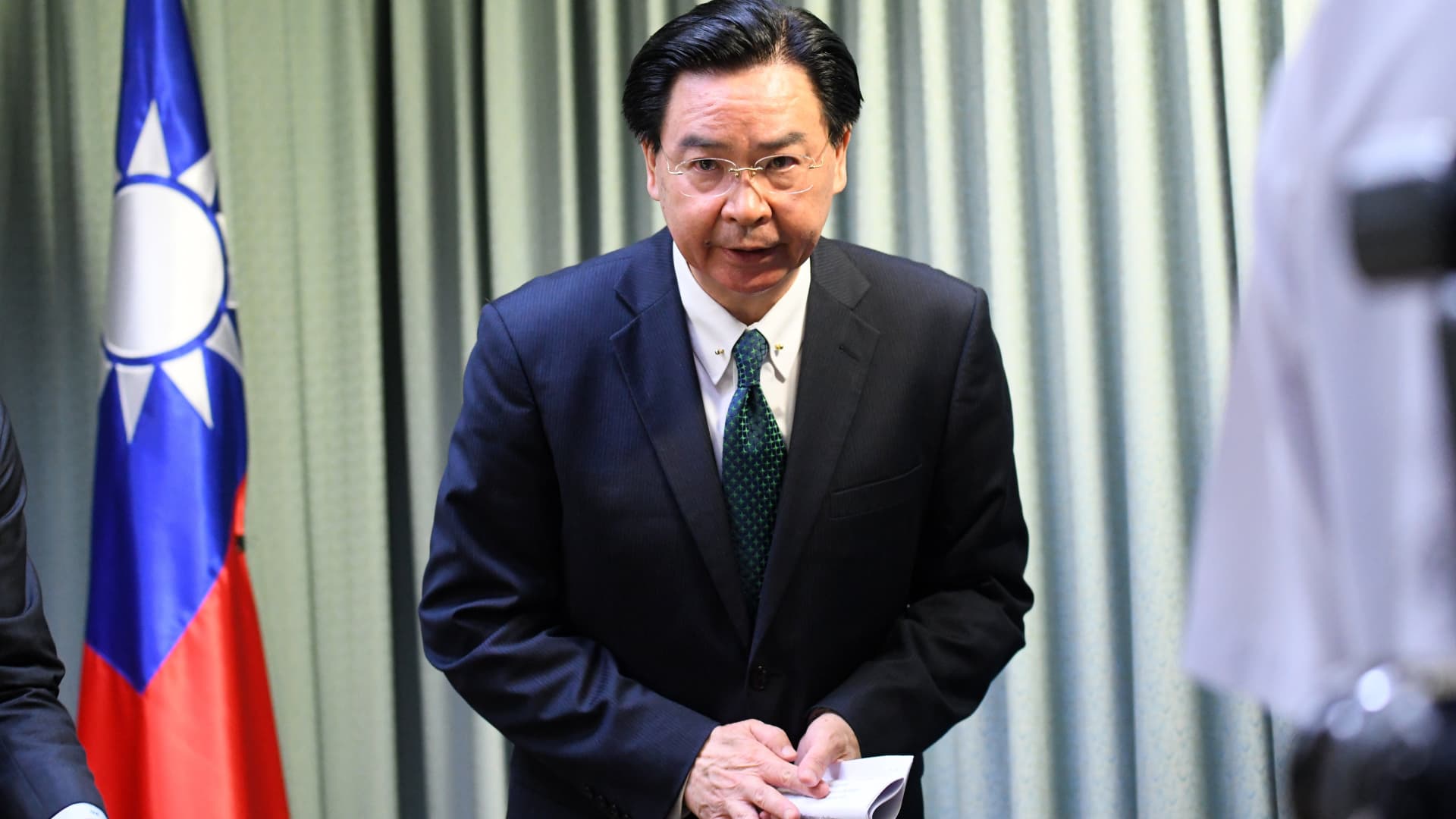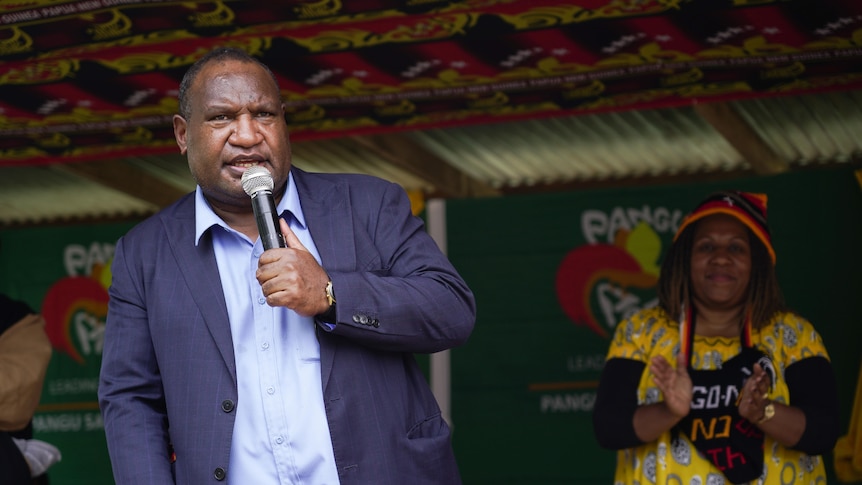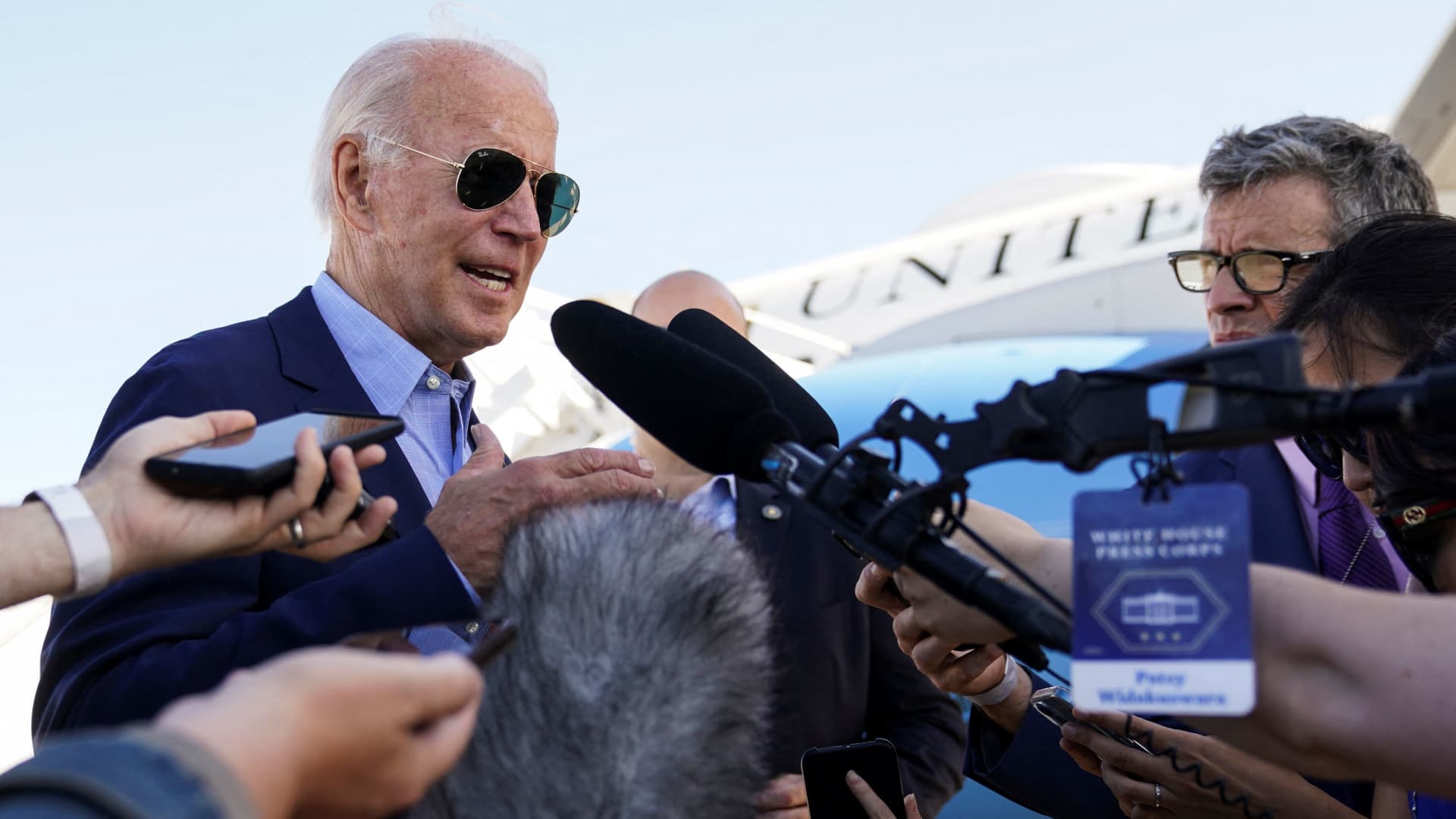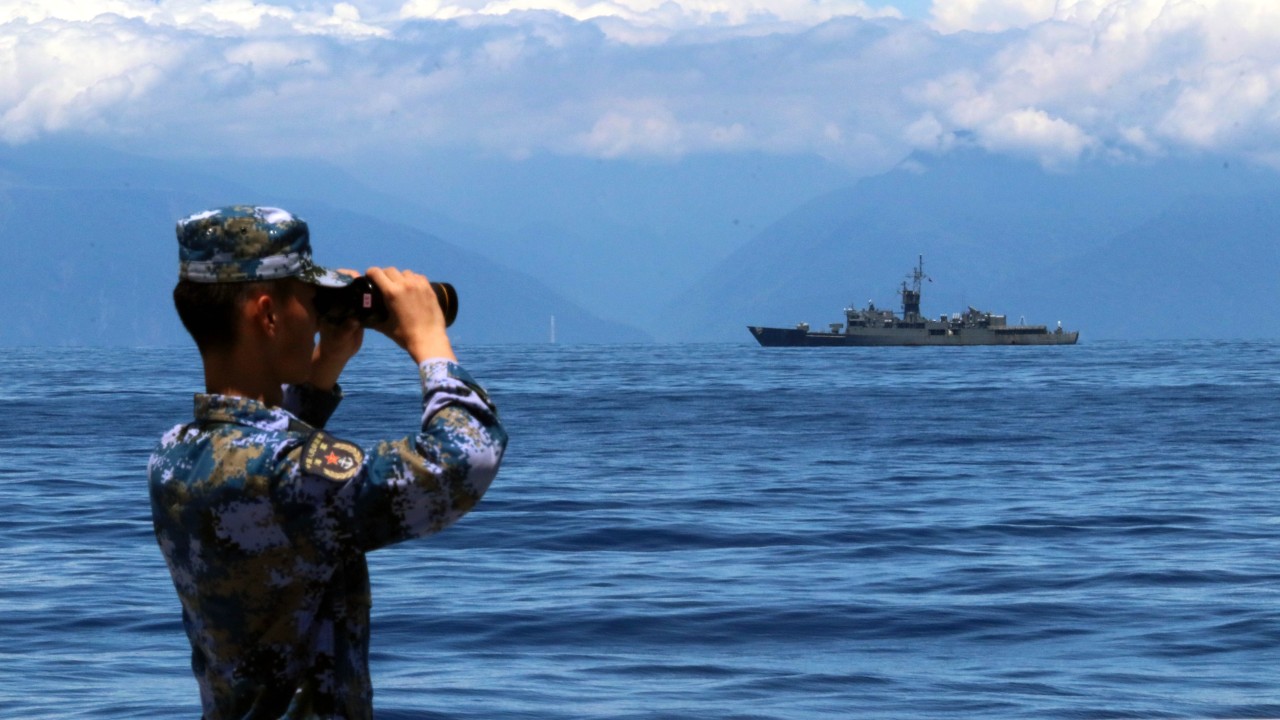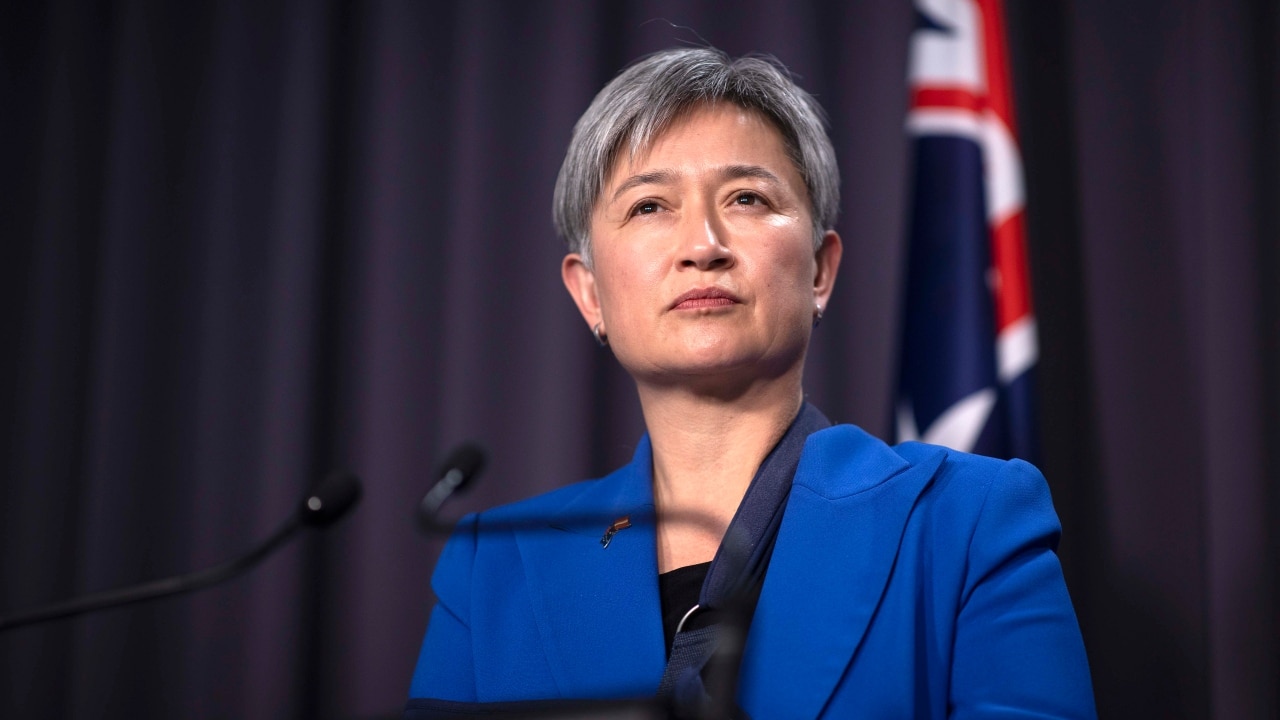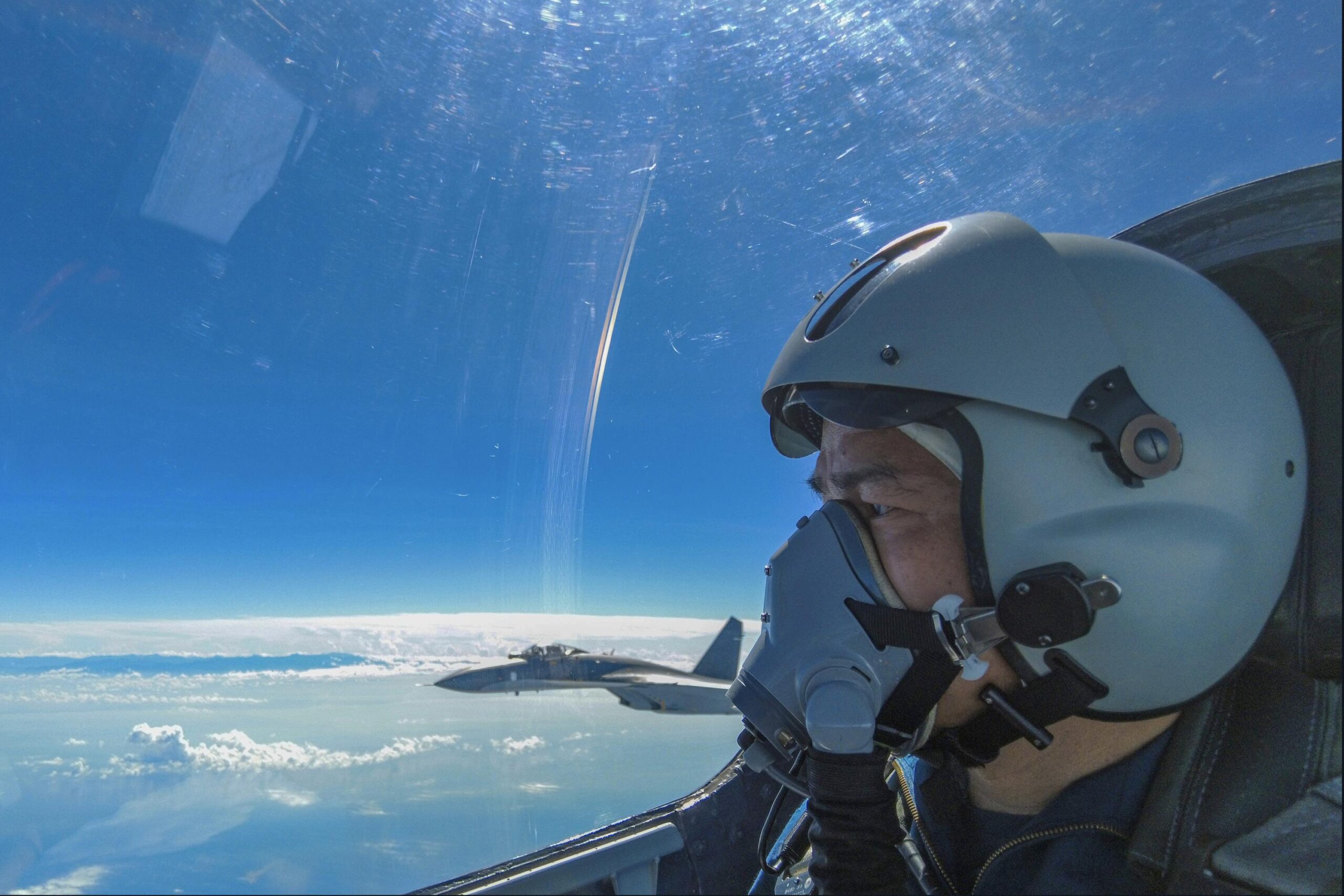The Queensland general manager of troubled builder Metricon has resigned, days after the company announced around 225 staff would be sacked in a national restructure.
Luke Fryer, who had been with the company for 15 years starting as a sales estimator in 2007, was previously NSW GM before moving back to his home state of Queensland in 2020.
Metricon director Jason Biasin announced Mr Fryer’s resignation in an email to staff on Friday.
“The last two years have seen more challenges in our industry than ever before,” Mr Biasin wrote.
“Luke’s commitment to our people, to me personally and our business has been unwavering and will not be forgotten. We wish Luke all the best for the future and he will always remain a part of the Metricon family.”
He added, “I know this week has been very difficult for everyone and I thank you all for your professional and compassionate approach to the tasks at hand and looking after each other. I look forward to sharing more positive news with you next week.”
Metricon has been contacted for comment.
Last Monday, Metricon announced it would be shedding 9 per cent, or about 225 of its 2500-strong national workforce, in a restructure “to better accommodate and reflect the requirements of the current market“.
The affected roles are largely in sales and marketing.
The country’s largest home builder was plunged into crisis in May amid reports it was on the verge of financial ruin and engaging in crisis talks with the Victorian government, following the sudden death of its founder Mario Biasin.
Acting chief executive Peter Langfelder has repeatedly shot down those allegations, but a question mark still hangs over Metricon’s future despite the company’s directors injecting $30 million into its business to allay fears about its survival, and a rescue deal being struck with Commonwealth Bank.
Last month, Metricon listed nearly 60 display homes for sale across NSW, Queensland, South Australia and Victoria, worth a total of around $65 million.
Staff who were informed of the restructure during a Microsoft Teams meeting last week said those who had remained with the company rather than jumping ship “basically had the rug pulled out from under them”.
“It has not been received well by some of them,” one NSW staff member told news.com.au. “I’m a little bit burned by the whole situation.”
In a statement on Tuesday, Metricon confirmed it was in the “process of an internal restructure of the business, with an increased focus on delivering homes to more than 6000 Australians whose houses will be constructed this year”.
“To better accommodate and reflect the requirements of the current market and ensure the most appropriate deployment of resources, Metricon is working to appropriately reduce its sales and marketing capability while it focuses on the construction and delivery of more than 6000 homes,” a spokeswoman said .
“We have commenced a consultation process with our people. This process is proposed to lead to a reduction of personnel and redundancies across the national business.”
The spokeswoman said 2020 and 2021 saw record demand for homebuilding and that Metricon “expects demand to settle at pre-pandemic levels”. “As a result, the business will rebalance towards construction on homes it is currently building and the thousands more in the pipeline – the biggest volume in the company’s history,” she said.
The impacted roles will be at the “front-end of the business, predominantly in sales and marketing roles, representing approximately 9 per cent of the national workforce”.
“With the headwinds buffeting the industry, specifically labor costs due to competition for skills, combined with present global material cost hikes and with our very strong existing pipeline of work, we need to carefully balance the current pipeline of new builds with the construction side of the business,” Mr Langfelder said in the statement.
“We are working to restructure our front-end of the business given the current climate and the need to move forward efficiently. We are committed to looking after any of our people who may be impacted by these proposed changes, and they will continue to have ongoing access to the company’s support and mental health services.”
Mr Langfelder said Metricon was rebalancing the business’ focus over the next 18 months on executing builds as quickly and efficiently as possible whilst maintaining equilibrium in the pipeline.
“We have previously said that our company has a proven history of success and remains profitable and viable, with the full support of our key stakeholders – this remains the case today,” he said.
Mr Langfelder said Metricon was still expected to continue to contract on average 100 homes per week, in line with pre-pandemic levels. “Our future construction pipeline shows no sign of slowing down with more than 600 site-starts scheduled for 2023,” he said.
In an email to staff on Tuesday, Metricon said it would be holding a virtual town hall this week “to provide you with further updates on our business, current market conditions and plans for the future”.
“We do not underestimate the effect that this review is likely to have on some of you,” the directors wrote.
“We are committed to working through this process as thoroughly and efficiently as possible, and to keep you updated as we progress… Despite the current challenges across our industry, we remain stable as a business with full support from our key stakeholders.”
The Australian building industry has been plagued with escalating issues that have already seen Gold Coast-based Condev and industry giant Probuild enter into liquidation in recent months, while smaller operators like Hotondo Homes Hobart and Perth firms Home Innovation Builders and New Sensation Homes, as well as Sydney-based firm Next have also failed, leaving homeowners out of pocket and with unfinished houses.
The crisis is the result of a perfect storm of conditions hitting one after the other, including supply chain disruptions due largely to the pandemic and then the Russia-Ukraine conflict, followed by skilled labor shortages, skyrocketing costs of materials and logistics and extreme weather events .
The industry’s traditional reliance on fixed-price contracts has also seriously exacerbated the problem, with contracts signed months before a build gets underway, including the surging costs of essential materials such as timber and steel.
It comes after it recently emerged that Australia recorded a staggering 3917 liquidations or administration appointments across all industries during the 2021-22 financial year.
The construction sector led the charge, representing 28 per cent of all insolvencies, although firms from countless industries also failed in the face of soaring inflation and interest rate pressures, Covid chaos, labor shortages and supply chain disruptions.
There were 1536 collapses in NSW, with Victoria recording 1022, Queensland 665, WA 350, South Australia 196, 91 for the ACT, 29 for Tasmania and 28 in the Northern Territory.
[email protected]
— with Alexis Carey
Read related topics:Brisbane
.
